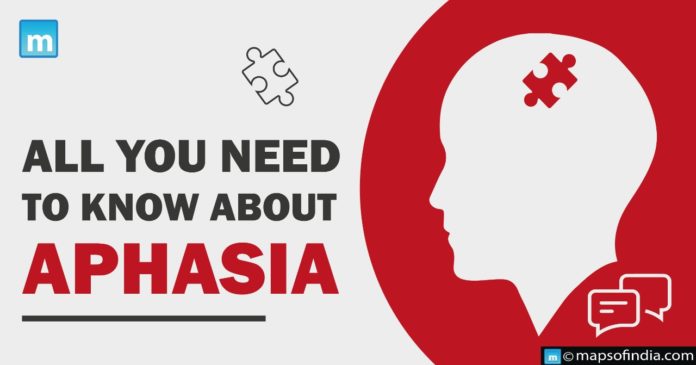Aphasia is a disorder that results from damage to parts of the brain that produce and process language. Individuals with aphasia face trouble speaking, reading, writing, and understanding language. People with this order can find themselves having trouble finding words and often using short words instead of well-formed sentences.
It’s not just the regular communicating skills that are affected. Even the writing skills can be severely damaged as a person cannot fully comprehend what is written before them and while copying something makes grammatical errors.
All the patients suffering from the disorder also face difficulties coming up with correct names, addresses, places, etc.
Types of Aphasia
There are many types of aphasia that affect people in different ways
- Broca’s Aphasia
Broca aphasia or expressive aphasia is named after the person who discovered the part of the brain responsible for creating speech. Patients suffering from Broca’s aphasia often have frustration as they find it difficult to express their thoughts using words, although they know exactly what they want and want to say. Usually, damage to Broca’s area occurs when a stroke interrupts blood flow to the brain’s frontal lobe.
Features of Broca’s aphasia are as follows:
- The speech gets affected by limiting their utterance to a few words
- Their vocabulary is minimal
- Difficulty writing things
- Wernicke’s Aphasia
Wernicke’s aphasia is known to be named after the individual who discovered the part of the brain responsible for our ability to understand language.
Patients suffering from Wernicke’s aphasia cannot understand other people and cannot express themselves by speaking. Even if they try to talk, it is impossible to understand them as they create random sentences.
Features of Wernicke’s aphasia include the inability to understand the meaning of spoken words, create longer sentences and read and write.
- Global Aphasia
Global aphasia is the most severe of all aphasia, and it is found when a patient has two or more small left strokes on the left side of the brain. In this, individual faces impairments across all aspects of language, such as names, reading, writing, speech, and comprehension.
Patients suffering from global aphasia may have a few easy words like yes or not, but sometimes even that is hard to understand. It becomes tough for individuals with global aphasia to communicate and even harder to understand.
Who is at risk for aphasia?
Aphasia is a disorder that can happen to anyone regardless of their age. However, according to the National Aphasia Association, it is more common during the middle period and old age, and currently, over 1 million people have aphasia, with 180,000 diagnosed every year.
Symptoms and Causes
Firstly, the cause of this disorder
- Stroke
- Brain Tumor
- Dementia
- Head Injury
Since there are three types of aphasia, each has different symptoms.
- Broca aphasia: People eliminate words like “and” “the” from their language. Start using short sentences. People usually suffering from this type have right-sided weakness or paralysis on the right arm or leg.
- Wernicke aphasia: People use long sentences, often confusing themselves and adding unnecessary or new words while talking. These people have difficulty understanding others.
- Global aphasia: People slowly start facing difficulties with communication and understanding the language.




